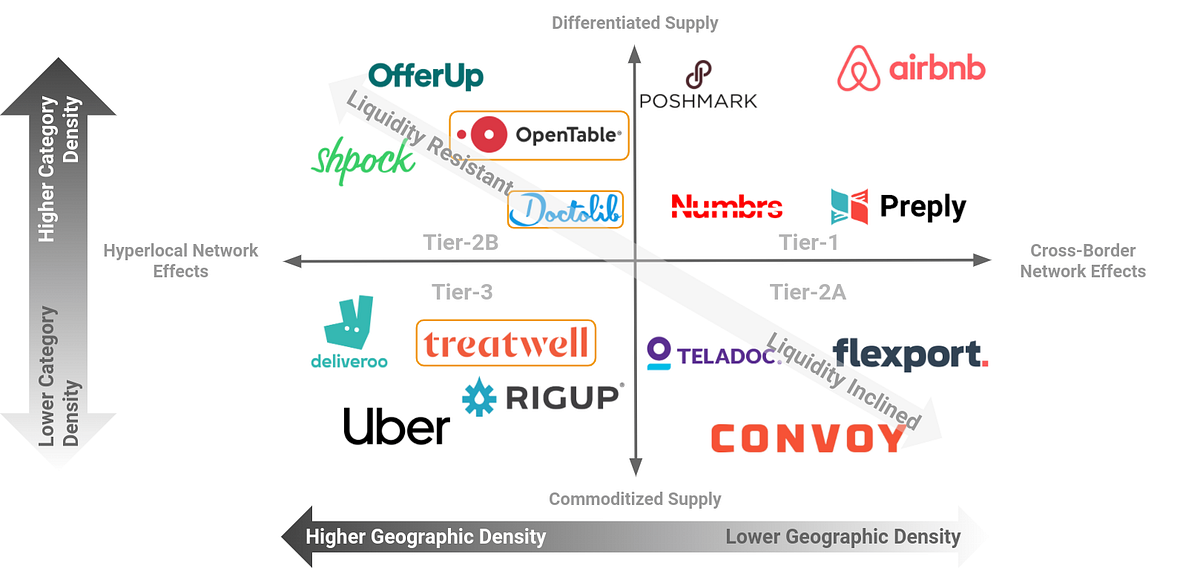Exploring Canadian Watercraft: Tips and Trends
Discover the latest in Canadian watercraft – from Lake Ontario fishing boats to kayaking in the Rockies.
Marketplace Liquidity Models Explained: What Every Trader Needs to Know
Unlock the secrets of marketplace liquidity models! Discover essential insights every trader must know to maximize their profits today.
Understanding Depth of Market: A Key Component of Liquidity Models
Understanding Depth of Market is crucial for traders and investors who wish to gauge market liquidity. The Depth of Market (DOM) refers to the visualization of buy and sell orders that exist at any given price level for a particular asset. It helps traders to assess the supply and demand dynamics by showing the number of shares or contracts available for trading at different price points. This information is vital for executing high-volume trades without significantly affecting the market price. By analyzing the DOM, traders can better anticipate price movements, enabling them to make more informed decisions.
Incorporating Depth of Market into liquidity models helps to quantify the ease with which an asset can be bought or sold in the market. A deeper market typically means lower volatility and higher liquidity, as a substantial number of orders can absorb large trades without causing drastic price shifts. Traders often rely on the DOM to identify potential resistance and support levels, which can signal optimal entry and exit points. Understanding the fluctuations in depth allows market participants to navigate the complexities of trading with greater confidence and precision.

Counter-Strike is a highly popular first-person shooter game that has captivated millions of players worldwide. It features tense team-based gameplay where players can take on the roles of terrorists or counter-terrorists. For those looking to enhance their gaming experience, using a daddyskins promo code can provide exciting opportunities to obtain unique in-game items.
How Market Makers Influence Marketplace Liquidity
Market makers play a crucial role in ensuring marketplace liquidity, providing the necessary balance between supply and demand. They do this by continuously offering buy and sell orders, which helps to narrow the spread between bid and ask prices. When a market maker steps in, they improve the overall trading experience, allowing investors to enter and exit positions smoothly. This activity is particularly evident in volatile markets, where the presence of market makers can mitigate large price swings. Without their participation, traders may face wider spreads, decreased trading volumes, and increased difficulty in executing orders, ultimately leading to a less efficient market.
Furthermore, market makers enhance liquidity by utilizing sophisticated algorithms and trading strategies to anticipate market movements. These algorithms enable them to adjust their positions and pricing in real time, providing liquidity when it is most needed. Not only do they support institutional trading, but they also serve retail investors by fostering a more dynamic trading environment. By increasing the availability of shares and reducing trading costs, market makers significantly contribute to a healthier marketplace, benefiting all participants involved.
What Factors Affect Liquidity in Trading Markets?
Liquidity in trading markets is influenced by several key factors that determine how quickly and easily assets can be bought or sold without impacting their price. One major factor is market depth, which refers to the number of pending orders in the market at various price levels. A market with a high number of buy and sell orders is typically more liquid, as it can accommodate larger trades without significant price fluctuations. Additionally, trading volume plays a crucial role; higher trading volumes indicate strong demand and supply, leading to better price stability and quicker transactions. Other factors include market conditions, such as economic reports, news events, and geopolitical developments, all of which can cause sudden changes in liquidity.
Another important aspect affecting liquidity is the type of asset being traded. Highly liquid assets, like major currency pairs or well-established stocks, tend to have lower spreads and are easier to trade efficiently. In contrast, illiquid assets, such as smaller company stocks or certain commodities, may have wider spreads and slower transaction times, which can deter traders. Furthermore, regulatory changes and trading restrictions can also impact liquidity, as increased regulation may limit the number of participants in the market or affect trading strategies. Understanding these factors is essential for traders looking to optimize their trading strategies and manage risks effectively.